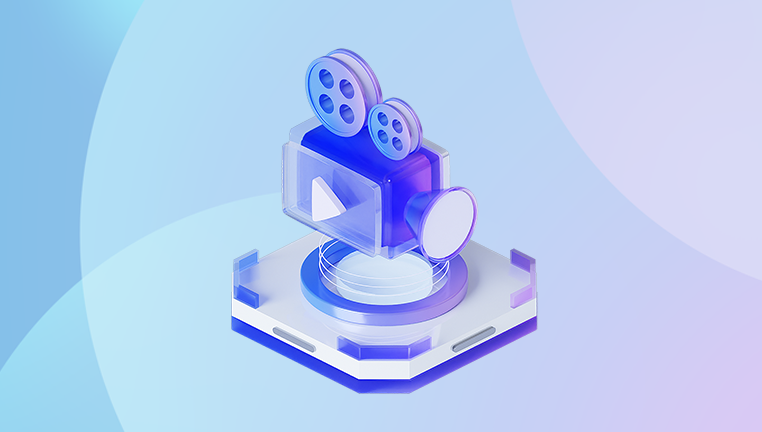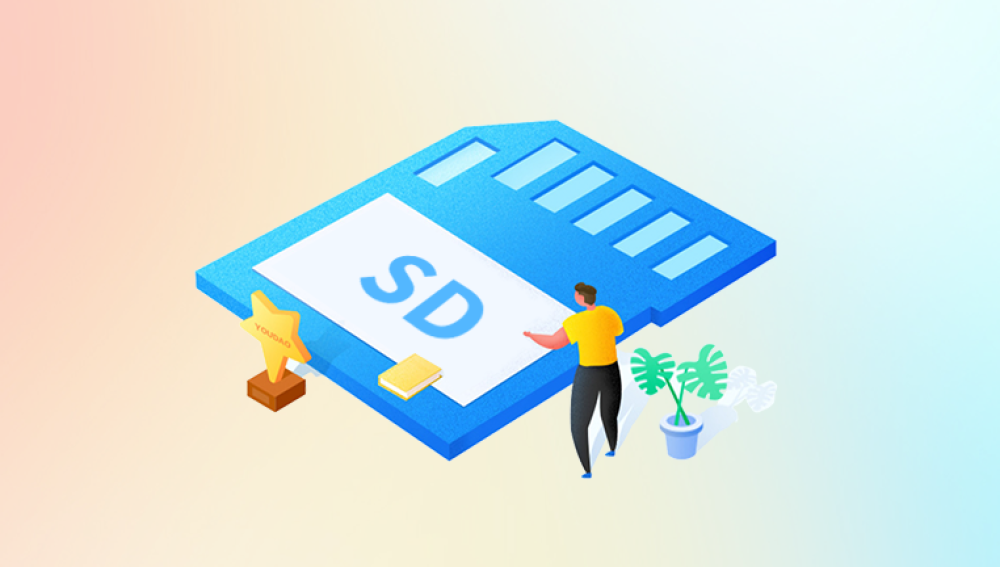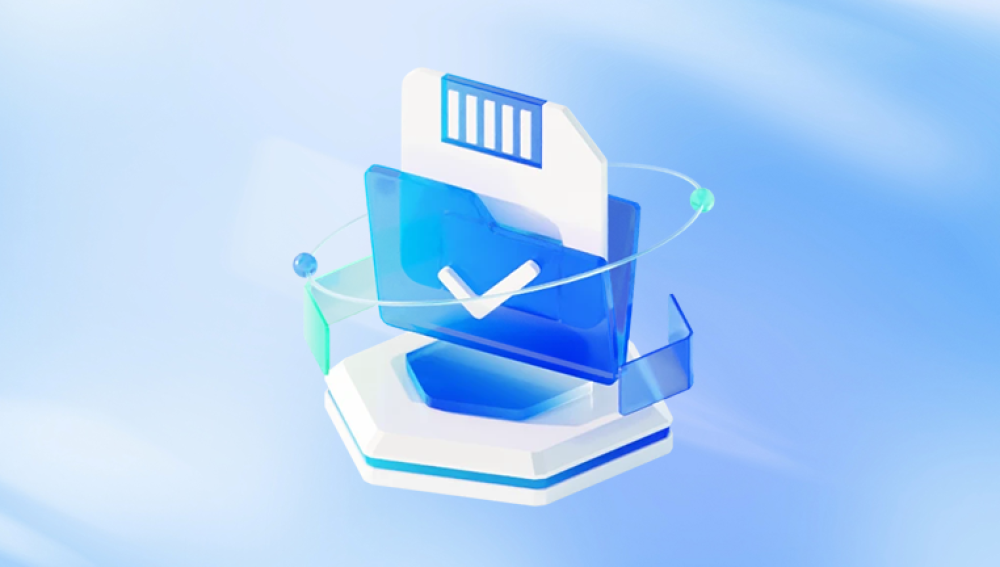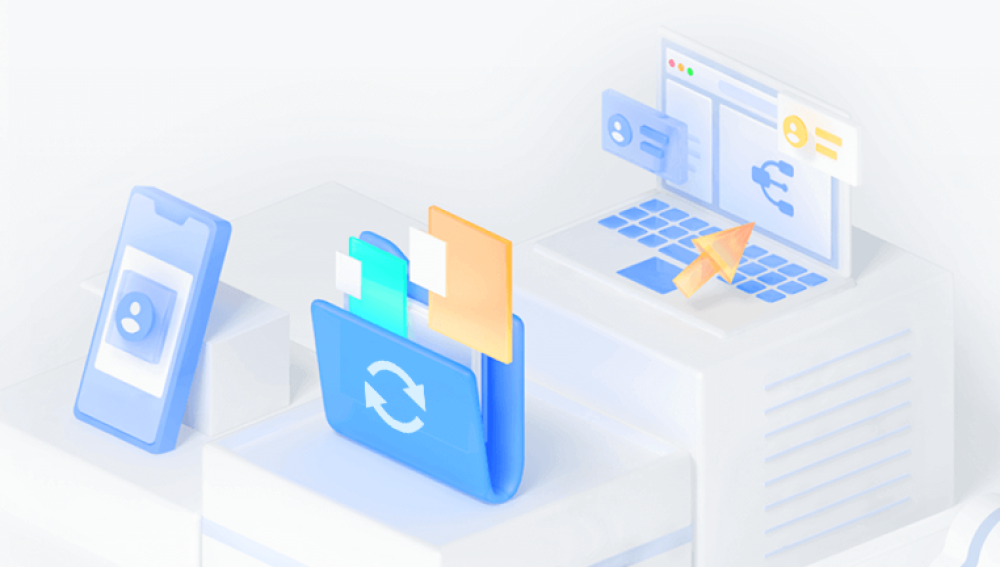This comprehensive guide dives deep into the world of SD card photo recovery software, providing an in-depth analysis of the best tools available. It highlights key features, usability, pricing models, compatibility, pros and cons, and recovery success rates to help users make informed decisions. Whether you are a professional photographer or a casual smartphone user, understanding which recovery software works best can make the difference between permanent loss and successful restoration of cherished memories.
What Makes a Great Photo Recovery Software?
Before we explore the top software options, it's important to understand the characteristics that define excellent photo recovery tools. Not all recovery applications are created equal. Here are the attributes to look for:

1. Ease of Use
Software should offer a user-friendly interface that enables even beginners to navigate the recovery process without technical expertise. A simple step-by-step wizard is highly preferable.
2. Photo Format Support
Good software supports recovery of all major image formats including JPEG, PNG, TIFF, RAW formats (CR2. NEF, ARW), and even less common types.
3. Deep Scan Capabilities
Superior recovery tools perform deep scanning beyond the standard quick scan, enabling recovery even after formatting or major corruption.
4. Preview Feature
A preview window allows users to view recoverable photos before initiating the final recovery. This helps in selecting only the necessary files.
5. Speed and Performance
Recovery should not take hours. The best tools scan and recover files quickly without putting unnecessary strain on the computer.
6. Compatibility
Software should be compatible with various SD card types (SDHC, SDXC, microSD) and file systems (FAT32. exFAT, NTFS).
7. Value for Money
A good price-performance ratio is essential. The software should justify its cost with performance and features.
Now that we have set the criteria, let’s delve into the top contenders for the best SD card photo recovery software.
1. Drecov Data Recovery
Drecov Data Recovery is an increasingly popular photo recovery tool tailored specifically for SD cards and other removable media. Its intuitive interface and high success rate make it an ideal choice for users ranging from hobbyists to professionals.
Key Features:
Deep and quick scan modes
Supports all common image formats and RAW formats
Free preview before recovery
Recovery from formatted or corrupted SD cards
Compatible with Windows and macOS
Pros:
Extremely user-friendly interface
Recovers from both internal and external storage devices
Affordable pricing plans
Fast scanning with detailed recovery reports
Cons:
No mobile app support
Limited free trial functionality
Ideal For:
Beginners and professionals looking for a reliable, no-fuss solution.
2. Stellar Photo Recovery
Stellar is a trusted name in the recovery software market. Its photo recovery version is purpose-built to handle complex photo loss scenarios, from accidental deletion to severe corruption.
Key Features:
Advanced scanning algorithms
Recovers photos, videos, and audio files
Supports recovery from encrypted drives
Compatible with GoPro, DSLR, drones, and Android SD cards
Offers thumbnail recovery for severely corrupted photos
Pros:
High success rate for RAW format recovery
Allows customized scanning by file type
Option to save scan results and resume later
Clean and intuitive user interface
Cons:
Relatively expensive
Full features locked behind premium version
Ideal For:
Professional photographers and content creators with high-end cameras.
3. PhotoRec
PhotoRec is a free, open-source photo recovery tool developed by CGSecurity. While it lacks a graphical interface, its functionality is powerful and effective.
Key Features:
Supports over 400 file formats including most image types
Works on SD cards, USB drives, hard drives, and CD-ROMs
Bypasses file system, recovering data from raw disk sectors
Available for Windows, macOS, and Linux
Pros:
Completely free to use
Powerful recovery engine
Open-source and frequently updated
Cons:
No graphical interface (command-line only)
Can be intimidating for non-technical users
Ideal For:
Tech-savvy users who want a powerful and free recovery tool.
4. Disk Drill
Disk Drill is a sleek, modern recovery tool that offers advanced photo recovery capabilities along with a strong focus on usability.
Key Features:
Deep scan for lost files
Preview before recovery
Recovers 400+ file types including all popular image formats
Built-in backup tool
Recovery Vault for proactive protection
Pros:
Elegant user interface
Comes with extra data protection features
Available in multiple languages
Supports virtually all storage devices
Cons:
Free version has recovery limitations
Mac version offers more features than the Windows version
Ideal For:
Users who value design and proactive recovery options.
5. EaseUS Data Recovery Wizard
EaseUS has long been a go-to name in the recovery business. Its Data Recovery Wizard is a comprehensive solution that excels in photo recovery.
Key Features:
Supports all image and video formats
Quick and deep scan options
File preview before recovery
Recovery from accidental deletion, formatting, and partition loss
Pros:
Beginner-friendly
Efficient deep scanning
Strong support and documentation
Cons:
Pricey subscription model
Large installation size
Ideal For:
Users who want an all-in-one recovery tool with excellent support.
6. Recuva
Developed by Piriform, the makers of CCleaner, Recuva is a lightweight and effective recovery tool that’s perfect for quick photo recoveries.
Key Features:
Secure deletion and recovery
Advanced deep scan mode
Filter by file type and location
Recovers from SD cards, USB sticks, and hard drives
Pros:
Lightweight and fast
Free version available
Secure file deletion included
Cons:
May not recover heavily corrupted files
Limited RAW file support
Ideal For:
Casual users looking for a quick, free recovery tool.
7. Wondershare Recoverit
Recoverit is an all-around data recovery solution with a strong reputation for performance, especially in recovering high-resolution images and videos.
Key Features:
Supports over 1000 file types
Compatible with all major SD card brands and file systems
Video repair functionality
Recovers from crashed systems and bootable media
Pros:
Stylish and modern interface
Robust scanning and recovery system
Ideal for multimedia recovery
Cons:
Expensive premium plans
Scanning may take longer than others
Ideal For:
Users who need to recover both photos and videos, especially from professional devices.
8. R-Studio
R-Studio is a professional-grade data recovery tool that offers powerful features for advanced users.
Key Features:
Network recovery capabilities
Detailed raw file recovery
Disk imaging and cloning support
Extensive file system compatibility (FAT, exFAT, NTFS, HFS+, EXT3/4)
Pros:
Designed for professionals and data recovery labs
High success rates with severely damaged media
Excellent file system support
Cons:
Steep learning curve
Not ideal for beginners
Ideal For:
IT professionals and forensic analysts.
Choosing the Right Recovery Tool
The ideal software depends on your specific needs. Here’s a breakdown of recommendations based on user types:
Beginners: Panda Recovery, EaseUS, or Recuva
Professional photographers: Stellar Photo Recovery, Recoverit
Tech-savvy users: PhotoRec, R-Studio
Mac users: Disk Drill, Recoverit
Users on a budget: PhotoRec (free), Recuva (free version)
Tips for Successful Photo Recovery
Stop Using the SD Card Immediately
Continued use can overwrite deleted data, making it harder or impossible to recover.
Use a Card Reader
A direct connection to a computer using a card reader offers better access and recovery than using a camera or phone as an intermediary.
Do Not Format or Write to the Card
Avoid formatting or adding new data until the recovery is completed.
Save Recovered Files to a Different Location
Always recover files to a different disk or folder to avoid overwriting the deleted data.
Regular Backups
Prevention is better than cure. Make regular backups of your SD cards to avoid reliance on recovery software.
SD card photo loss is a common yet solvable problem with the right tools. From beginner-friendly applications like Drecov Data Recovery to professional-grade solutions like R-Studio, there are numerous options available to cater to all types of users. The key is to act quickly, avoid overwriting data, and select a recovery software that aligns with your technical comfort level and specific recovery scenario.




